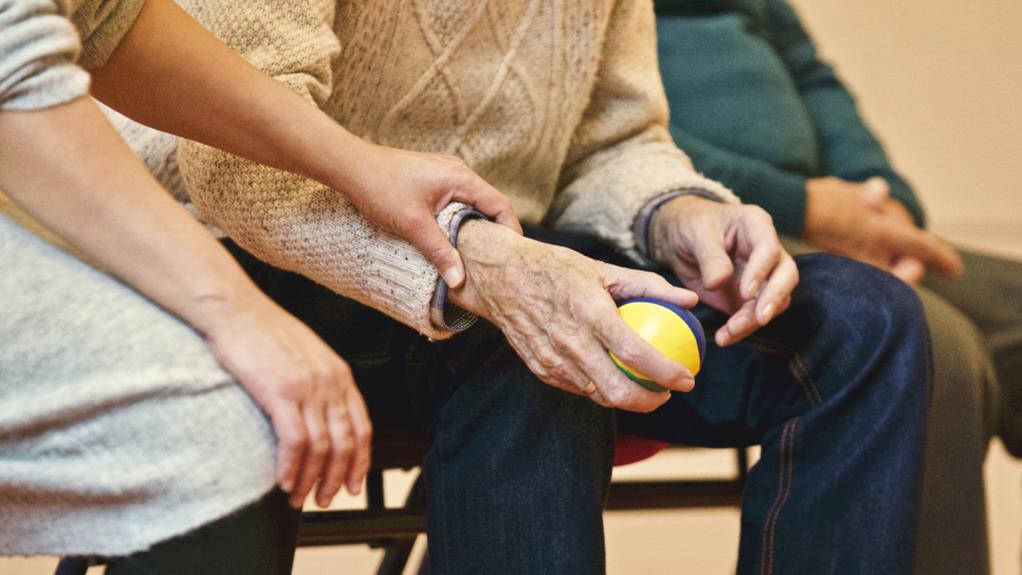Are you curious about how long the end of life transition lasts? In this article, we will explore the factors that can affect its duration, as well as the common signs and symptoms you may encounter.
We will also delve into the emotional and psychological impact it can have on you and provide helpful planning and support resources.
Additionally, we will discuss coping strategies and self-care tips to assist you during this challenging time.
Factors Affecting End of Life Duration
There are several factors that can affect the duration of the end of life transition for individuals.
Two essential factors to consider are palliative care and hospice care.
Palliative care focuses on providing relief from the symptoms, pain, and stress that individuals may experience during their end of life journey. It aims to improve the quality of life for both the patient and their loved ones.
Hospice care, on the other hand, is specifically designed for individuals who are nearing the end of their life. It provides comprehensive support, including medical, emotional, and spiritual care, to ensure comfort and dignity during this time.
Both palliative care and hospice care play crucial roles in managing symptoms and providing support, which can significantly impact the duration of the end of life transition.
Common Signs and Symptoms
Common signs and symptoms experienced during the end of life transition can vary from person to person. It's important to remember that each individual's journey is unique, and so are the physical and emotional challenges they may face.
Some common signs that may indicate someone is nearing the end of life include increased fatigue, loss of appetite, difficulty breathing, pain, changes in sleep patterns, and emotional distress.
It's crucial to have open and honest communication with healthcare professionals to understand the end of life prognosis and explore appropriate care options. Palliative care and hospice services can provide support and comfort during this time, focusing on managing symptoms, improving quality of life, and ensuring a peaceful transition.
Emotional and Psychological Impact
You may frequently experience a range of emotional and psychological impacts during the end of life transition. It is completely normal to feel overwhelmed, anxious, and sad as you navigate through this challenging time. It is important to acknowledge and address these emotions to better cope with the situation. Seeking counseling services and grief support can provide you with the necessary tools and resources to manage your emotions effectively. These services can offer a safe and supportive environment where you can express your feelings and receive guidance on how to navigate the complexities of the end of life transition. By seeking professional help, you can gain valuable insights, coping strategies, and emotional support to help you navigate this difficult journey. Remember, you are not alone, and there are resources available to assist you in your emotional and psychological well-being.
| Emotional and Psychological Impact | Counseling Services and Grief Support |
|---|---|
| Feelings of overwhelm | Individual counseling sessions |
| Anxiety | Group therapy sessions |
| Sadness | Support groups for grieving |
| Confusion | Online counseling services |
| Anger | Bereavement counseling |
Planning and Support Resources
To effectively navigate the end of life transition, it's important to access and utilize planning and support resources. These resources can provide you with the necessary guidance and assistance during this difficult time. Here are some key resources to consider:
- Caregiver support groups: Joining a support group can help you connect with others who are going through similar experiences. It provides a safe space to share your feelings, exchange advice, and learn coping strategies.
- Palliative care teams: Palliative care specialists are trained to provide relief from pain, symptoms, and stress. They work closely with you and your loved ones to ensure comfort and quality of life.
- Legal professionals: It's crucial to address legal considerations, such as advanced care directives and estate planning. Consulting with an attorney can help ensure that your wishes are respected and legally protected.
- Respite care services: Taking care of a loved one can be physically and emotionally demanding. Respite care services offer temporary relief for caregivers, giving them the opportunity to rest and recharge.
Coping Strategies and Self-Care Tips
Utilize various coping strategies and prioritize self-care to effectively navigate the end of life transition. Taking care of yourself during this challenging time is crucial for your well-being and ability to support your loved one. Here are some self-care tips and coping strategies to help you manage stress and find emotional support:
| Coping Strategies | Self-Care Tips |
|---|---|
| Seek professional help | Practice self-compassion |
| Engage in stress management activities | Maintain a healthy lifestyle |
| Connect with support groups | Practice relaxation techniques |
| Express your feelings | Seek grief counseling |
| Take breaks and rest | Engage in activities you enjoy |


